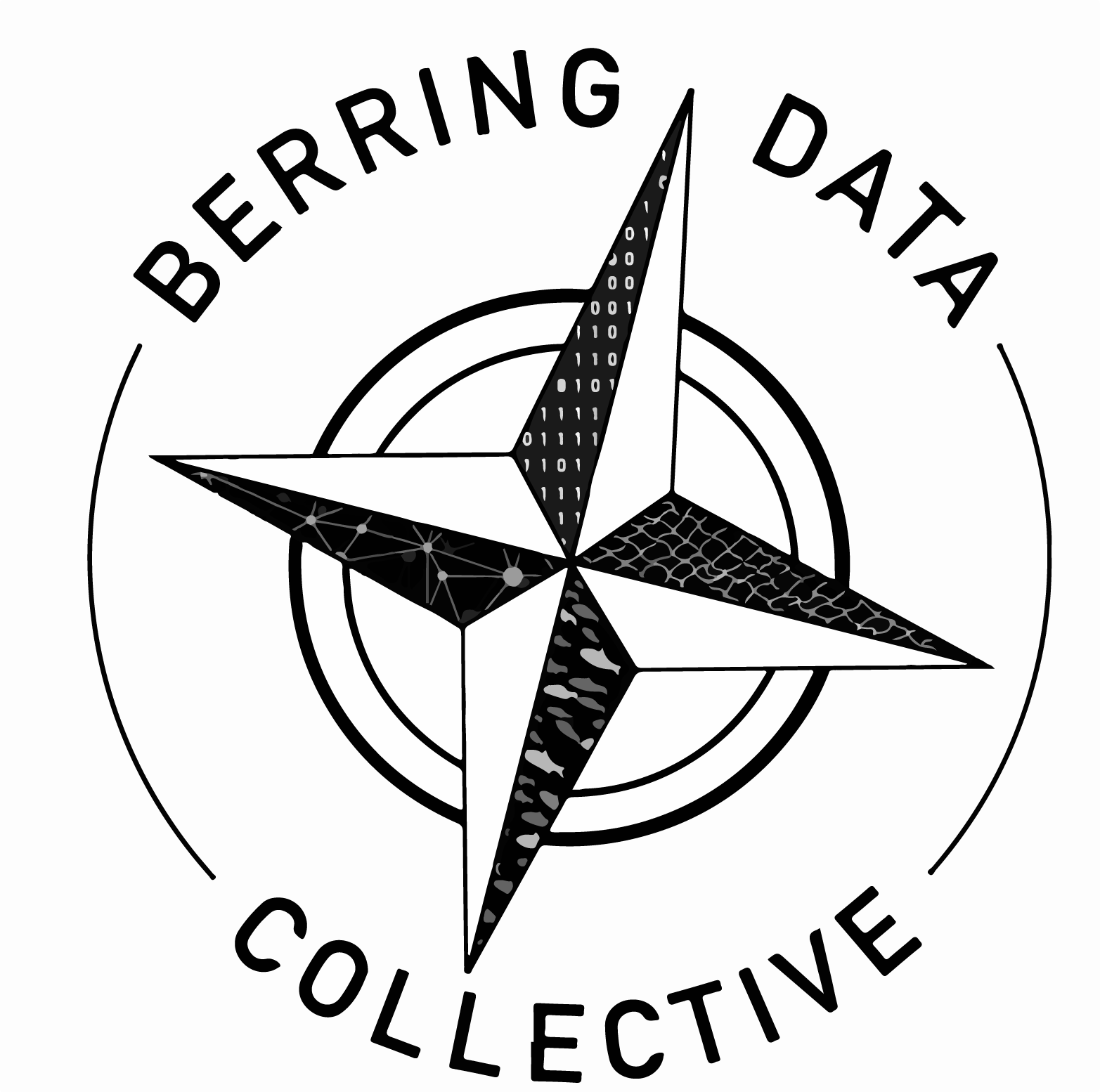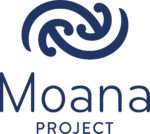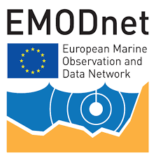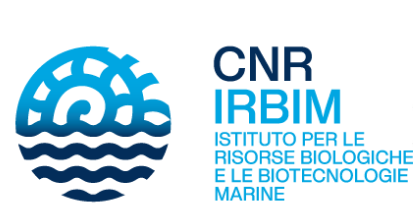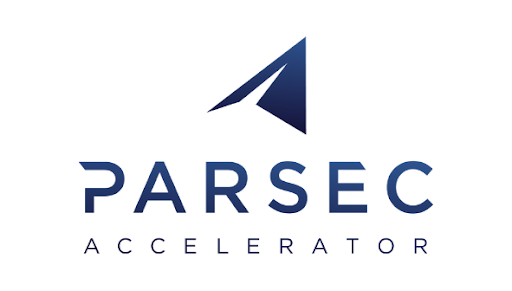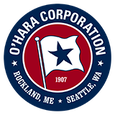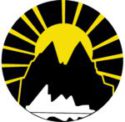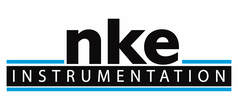Berring Data Collective
Ocean data from fishing gear:
Connecting and benefiting fishermen, science and maritime industries.
Photo by Pedro Rappé
EMPOWERING COLLABORATIVE OCEAN OBSERVATION
Fishing for data and fish simultaneously, with no extra effort by fishermen.
Fishing vessels can provide cost-effective and real-time data profiles in shelf and coastal seas around the world.
This same interdisciplinary data can be used for a range of oceanographic, fishing industry and fisheries science applications.

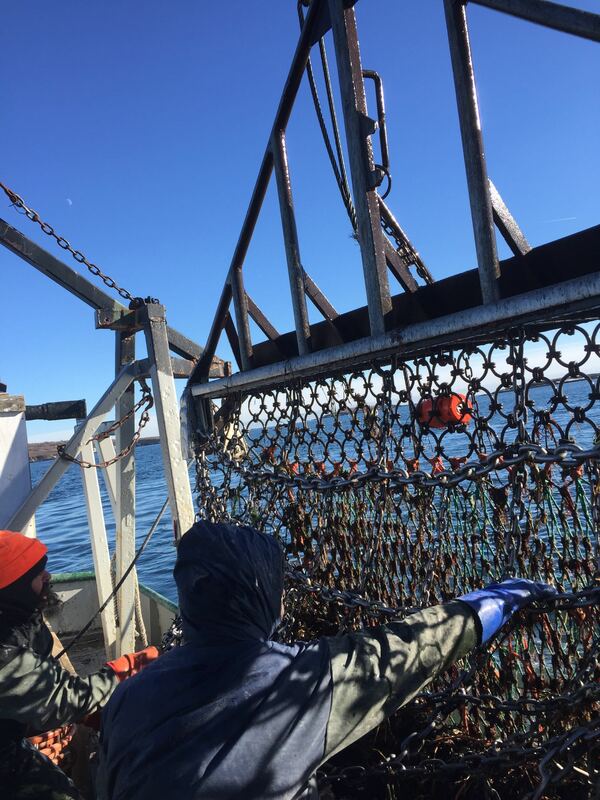
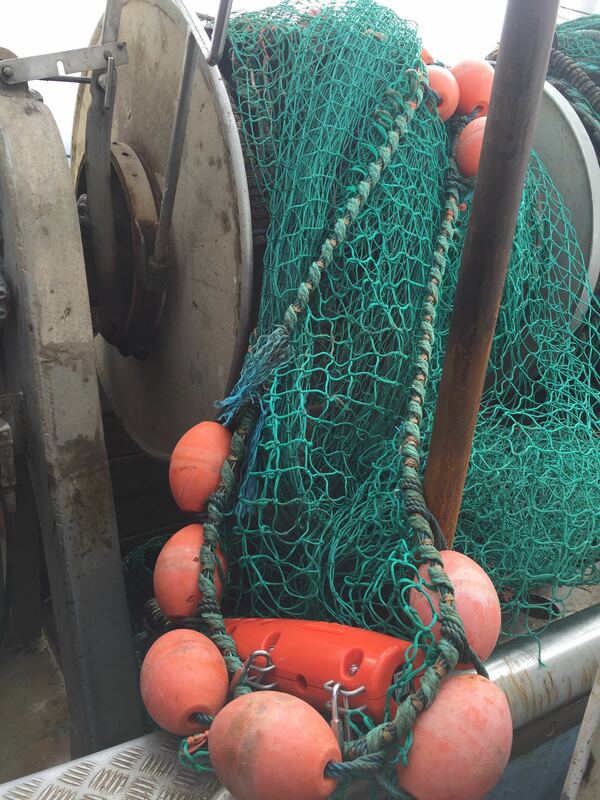
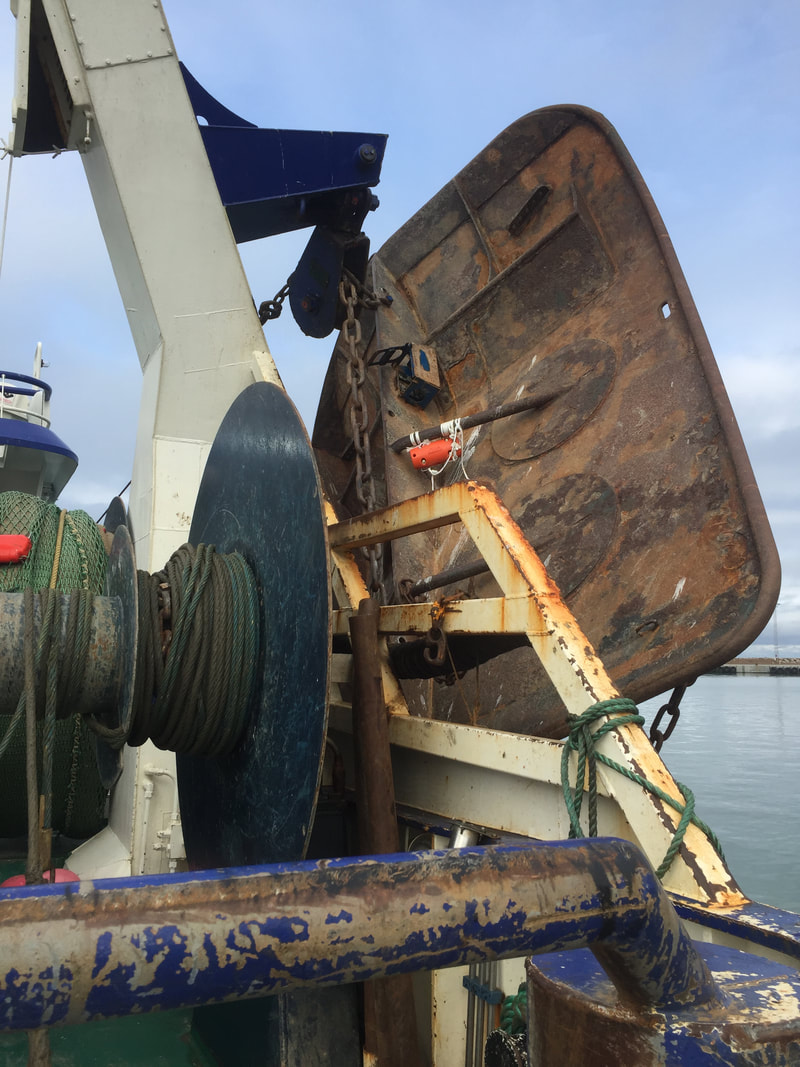
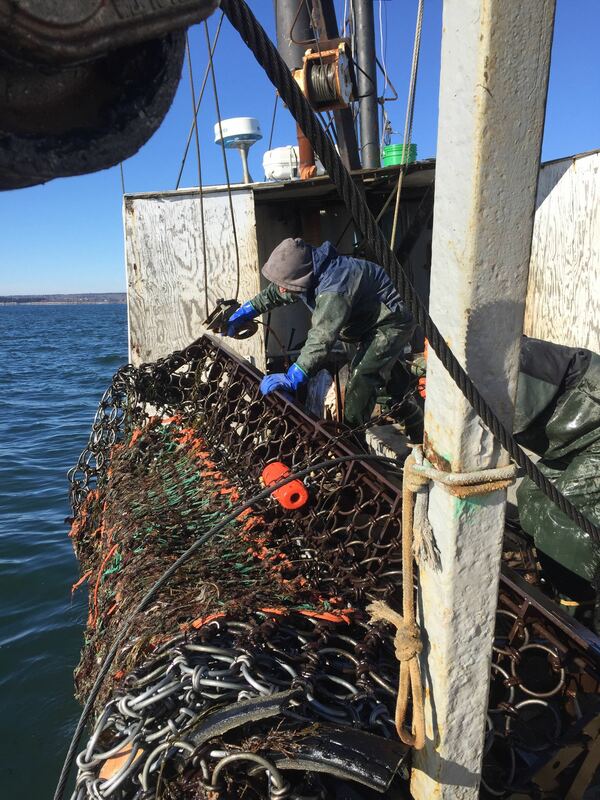
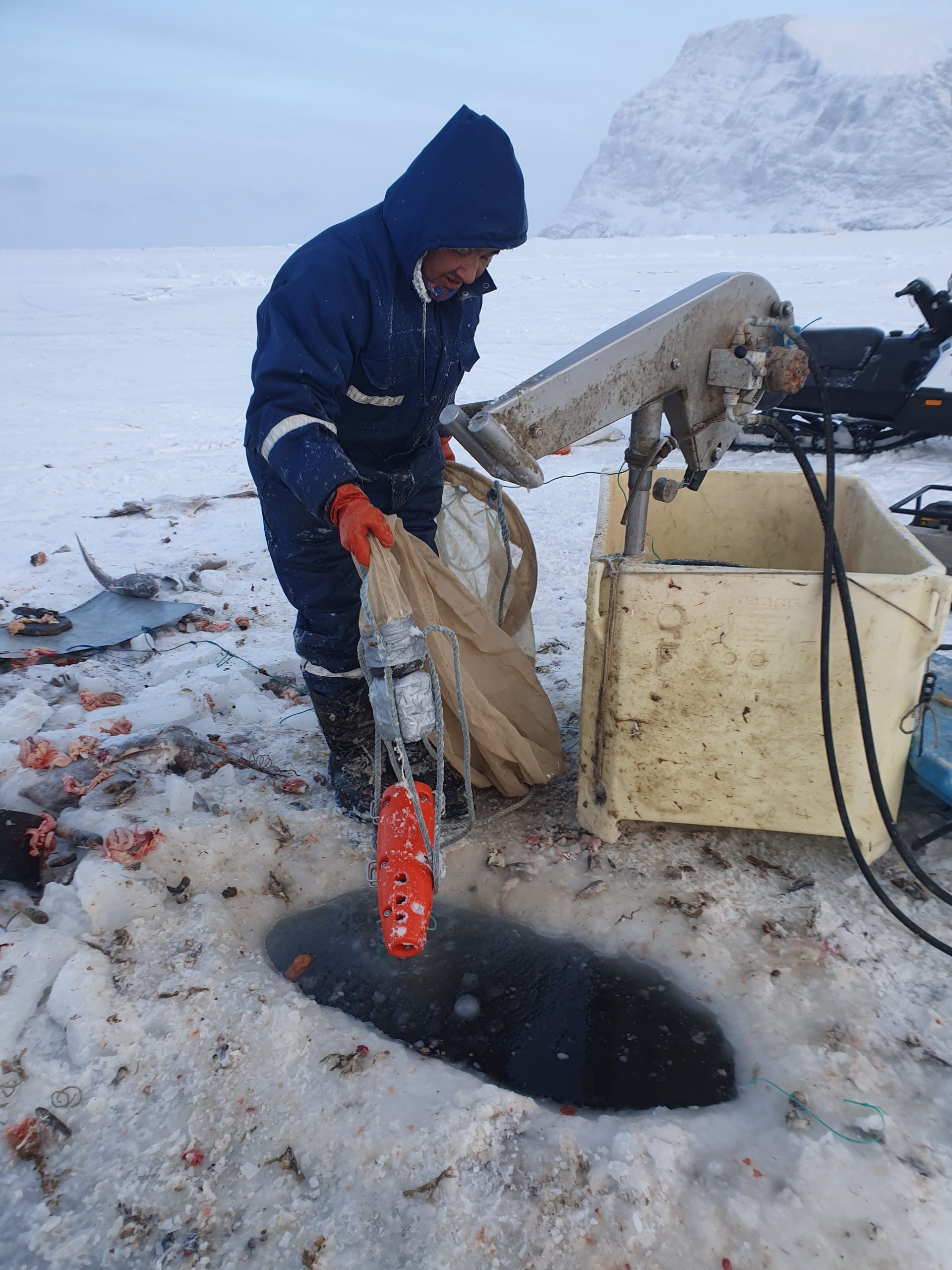
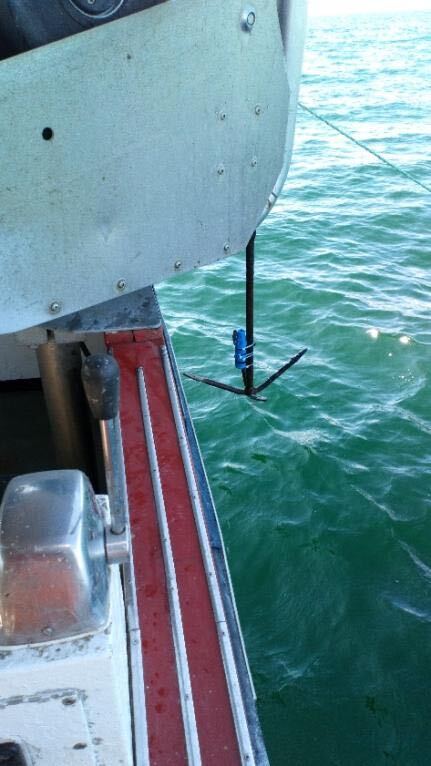
OUR IMPACT
CONNECTING THE EMERGING NETWORK OF BOTH SCIENCE AND INDUSTRY PROGRAMS
FISHING INDUSTRY
Photo by Pedro Rappé
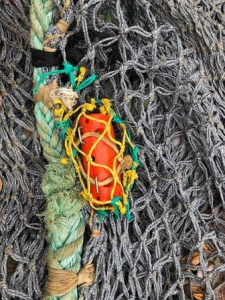
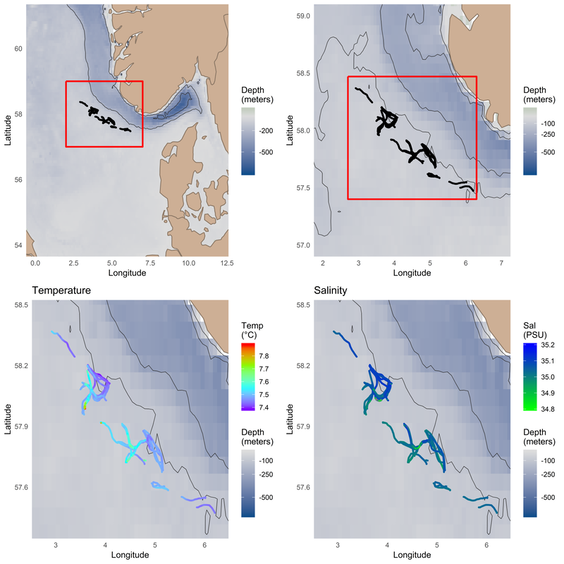
“Temperature data is absolutely critical to target specific species, especially with permit restrictions on by catch… It is not one degree, but a small fraction of a degree change in bottom temperature that completely changes a lobster’s behaviour.”
-Captain Lawrence Moffet, F/V Matt & Patt
OCEANOGRAPHY AND OCEAN OBSERVATION
Photo by Pedro Rappé
Fishermen are fishing in areas where data is needed most but also scarcest: in shelf seas, coastal waters and the Arctic.
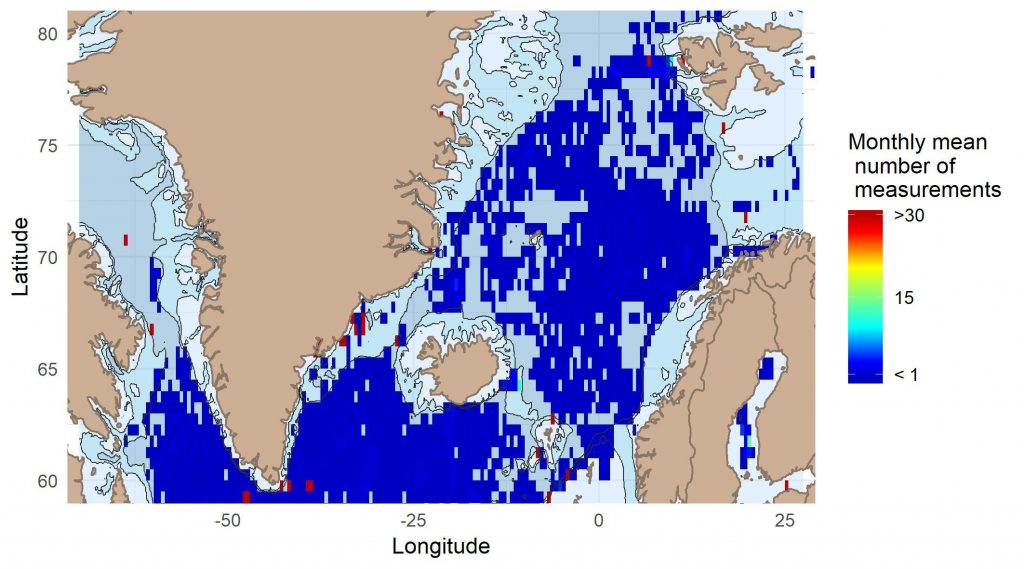
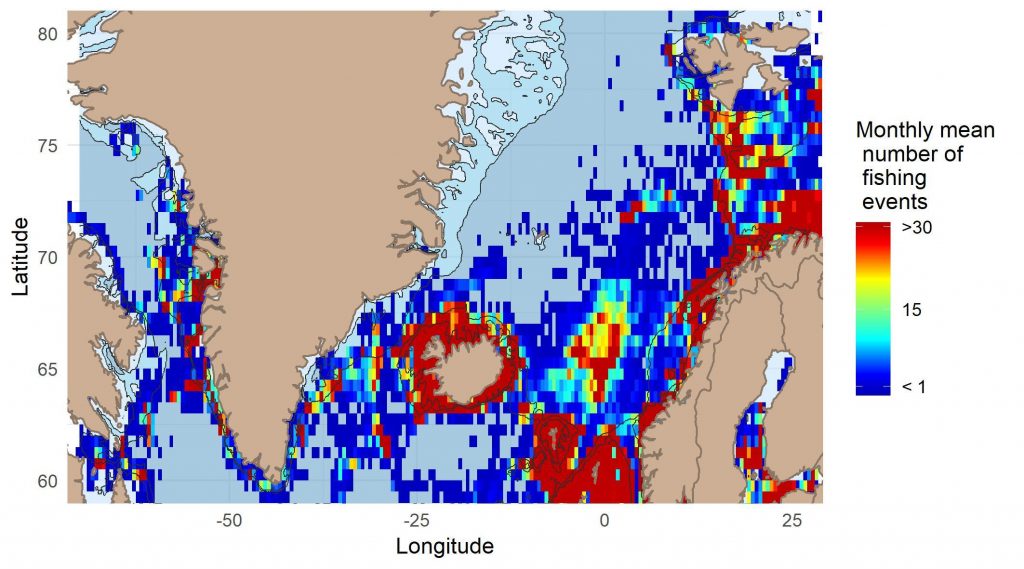
Fishing activities are already taking place not only where data is lacking but also where it is needed most by ocean model and forecast users: in the dynamic shelf seas and coastal regions. While the deep oceans are best covered by autonomous Argo floats, fishing coverage is often over an order of magnitude higher than today’s observation coverage in shallower seas. Collaborative data collection with the fishing industry presents an opportunity to supplement the ocean observation systems of today. Data collection opportunities are not limited to sub-surface physical parameters, but can also be extended to co-locate a range of Essential Ocean Variables.
CLIMATE CHANGE MONITORING
Photo by Pedro Rappé
The importance of monitoring our oceans cannot be overstated. The world’s oceans provide food, resources, and employment for billions. The ocean is also an essential climate regulator and our largest buffer against increasing global temperatures from carbon emissions. Roughly 93% of the excess heat and 30% of the carbon produced by climate change is absorbed into the ocean. However, this crucial buffering capacity could change due to shifts in ocean currents or ocean acidification. Recent studies have shown large errors in prior ocean models (Cheng, et al. 2019, Lozier, et al. 2019). These models are built and run with inadequate data, directly decreasing the accuracy of the Intergovernmental Panel on Climate Change (IPCC) reports (Lozier, et al. 2019).
The current state of the art in autonomous and cost effective ocean data collection technologies cannot operate around sea ice, where it is of the utmost importance to monitor climate change processes. Fortunately, fishing vessels often prefer to fish the ice line, providing an opportunity to get data where it is needed most.

FISHERIES SCIENCE
Photo by Pedro Rappé
Hydrographic data coupled directly with fine scale catch data is a key step forward in the implementation of Ecosystem based fisheries management. Oceanographic data measured with the sensors can be directly correlated to the catches, enabling greater insight into when and where which fish species are. This means quotas can be improved and by-catch avoided more effectively, leading to an overall improvement of ocean health.
Fishermen getting paid to collect data and doing it on their own terms flips the current paradigm of top-down fisheries data collection. Involving fishermen in the scientific process leads to increased stakeholder involvement, improved dialogue between fishermen and scientists, and better compliance with regulations.
Greater insight for scientists, more precise and higher average quotas for fishermen.

FISHING FOR DATA WEBINAR
A workshop will be held at a later date when health and travel recommendations permit.
CORE TEAM
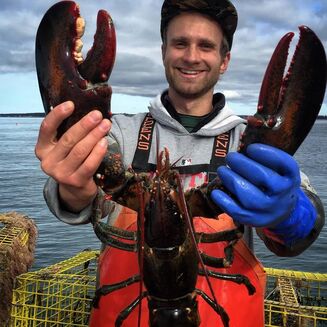
COOPER VAN VRANKEN (US)
FOUNDER & DIRECTOR / CEO
Moving from commercial fishing into fisheries science in Denmark lead to the diverse perspectives and inspiration for Berring Data Collective.
cooper@berringdatacollective.com
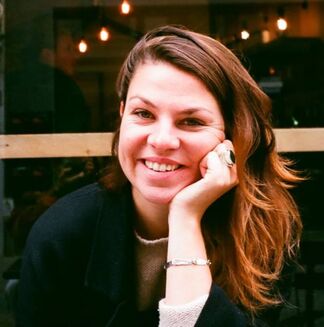
BERTHE VASTENHOUD (BE/NL)
CHIEF DATA OFFICER
With a background in fisheries science and management, Berthe has specialized in fisheries modeling and data processing for maritime spatial planning applications.
berthe@berringdatacollective.com
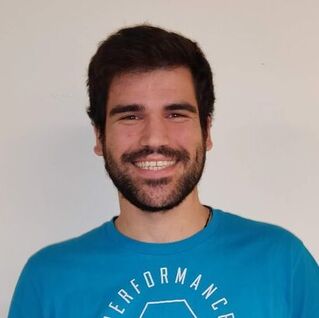
CARLES CASTRO MUNIAIN (ESP)
IT ENGINEER
Carles is Robotics and Automation engineer with a background in Industrial and Electrical Engineering. He is fluent in diverse programming languages, but standing out in Python.
carles@berringdatacollective.com
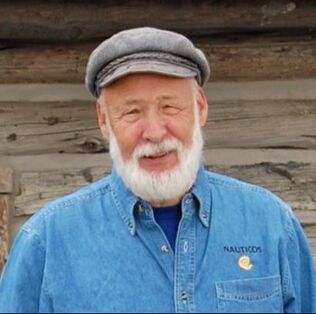
CAPT. JOE LITCHFIELD (US)
NORTH PACIFIC OPERATIONS
Captain Joe has over 50 years of sea-going experience. First as a trawler on the east coast of the US, then off of Alaska. An expert net-builder, Joe is an endless supply of sea-faring experiences. After an illustrious trawling career, Joe pivoted to research and exploration voyages, deploying a wide array of oceanographic monitoring systems.
CaptainJoe492@gmail.com
ADVISORY COMMITEE
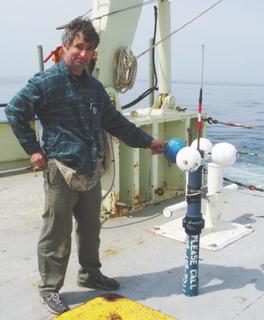
JAMES MANNING
FISHERIES SCIENTIST & EMOLT PROGRAM FOUNDER
Jim Manning has been at NOAA’s Northeast Fisheries Science Center for 30+ years. After a bachelor’s degree in mathematics (UMO) and master’s degree in oceanography (URI), his career has been largely devoted to building low-cost ocean observing systems with the help of commercial fishermen. Jim has been the primary architect and operator of eMOLT, which is one of the largest and most successful programs utilizing fishing gear to collect oceanographic data.
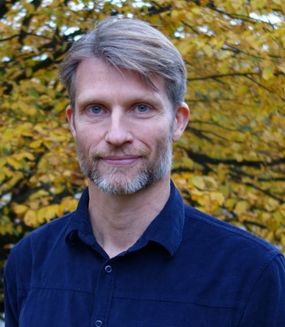
DENNIS LISBJERG
HEAD OF SECTION OF MARITIME SERVICE, DTU AQUA
Dennis is head of Maritime Service in the Technical University of Denmark, Institute of Aquatic Resources (DTU Aqua). In this position he is responsible for the research vessels involved in the collection of fisheries monitoring data in Denmark. He holds a MSc in Marine biology and a MBA. Besides working at DTU, he is involved in citizen science efforts in Danish Zoological Society collecting data on sea turtles.

HEIDI ANDREASEN
FISHERIES BIOLOGIST, DTU AQUA
Heidi originally hails from the Faroe Islands, from a family with strong fishing traditions. She has been working at the Technical University of Denmark, Institute of Aquatic Resources (DTU Aqua) as a fisheries biologist for over 25 years, with extensive biological, laboratory, acoustic, and oceanographic data collection and processing experience. Heidi is a strong link between the Nordic fishing communities and scientific researchers, providing invaluable connections to BDC.
